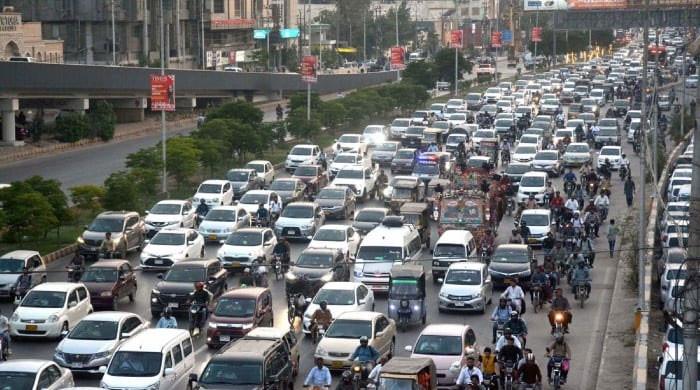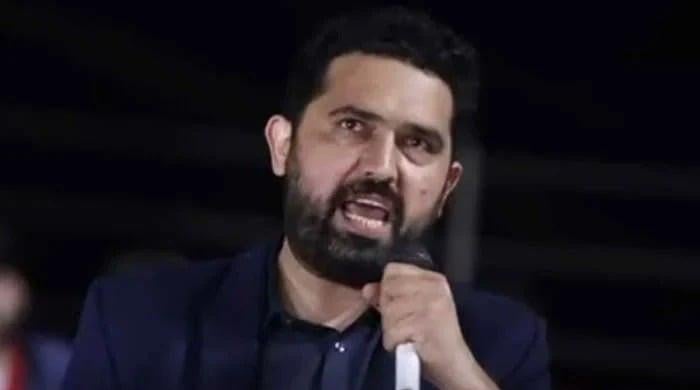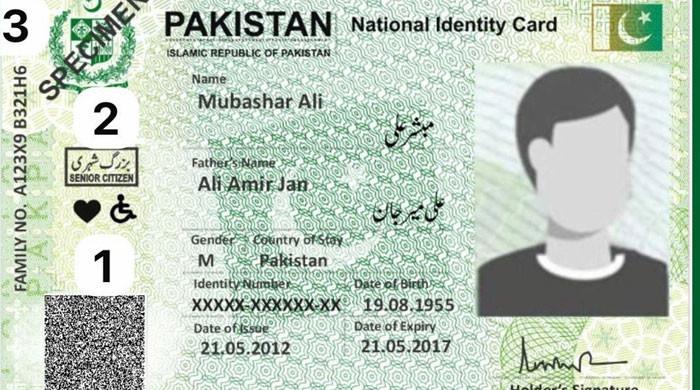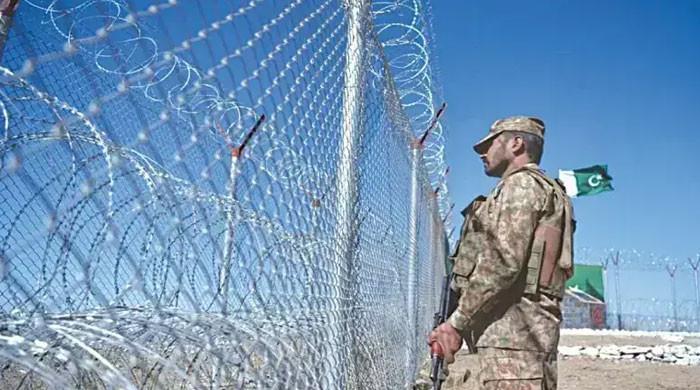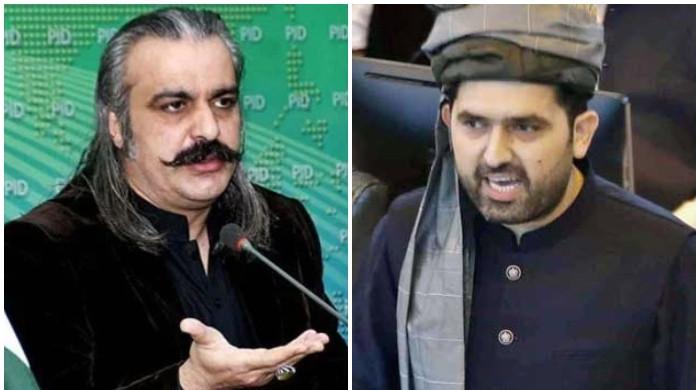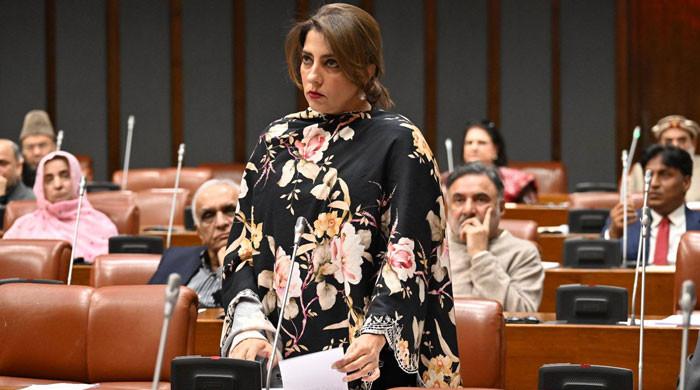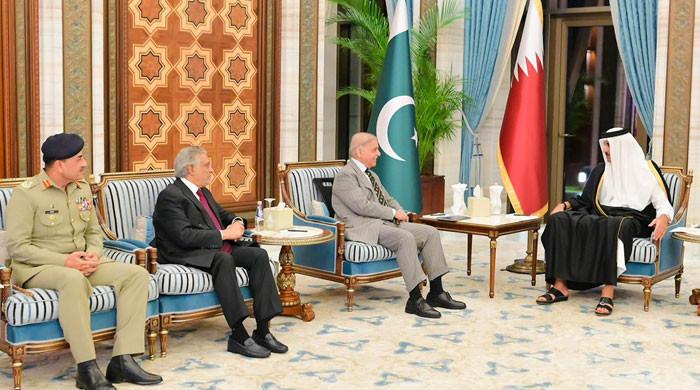Top judicial forum forms body to address enforced disappearances
NJPMC directs high courts to establish mechanisms against external influence on judges
July 11, 2025
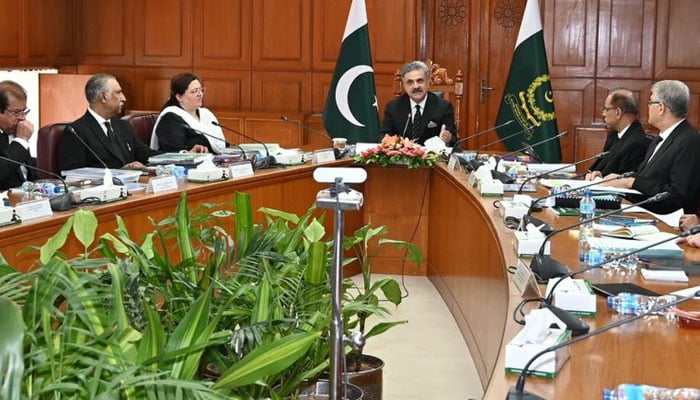
- Committee resolves to protect fundamental rights.
- Judicial officers to be shielded from interference.
- Tax petitions to go before division benches.
ISLAMABAD: The National Judicial (Policy Making) Committee (NJPMC) on Friday constituted a dedicated committee to formulate an institutional response to enforced disappearances.
The decision was made during the committee’s 53rd meeting held under the chairmanship of Chief Justice of Pakistan Yahya Afridi at the Supreme Court, a statement from the apex court mentioned.
The committee, comprising chief justices of all high courts and attended by the Additional Attorney General for Pakistan, unanimously resolved that the judiciary will not compromise on its constitutional duty to protect fundamental rights.
The newly formed committee on enforced disappearances will consider executive concerns communicated through the Attorney General for Pakistan.
External influence
In the same meeting, the NJPMC decided to protect judicial officers from external influence, instructing high courts to establish structured mechanisms for reporting and redressal of such cases within a stipulated timeframe.
The committee also approved key structural reforms aimed at improving the justice system, including the creation of a Commercial Litigation Corridor with specialised courts and benches, and a Double-Docket Court Regime to be piloted in selected districts.
Other measures included the launch of a court-annexed mediation regime, approval of Model Criminal Trial Courts, and plans for district-level mediation and family court facilities.
To ensure judicial consistency, a new committee headed by Justice (retd) Rehmat Hussain Jafferi was formed to propose key performance indicators, standardise training, and address service disparities.
The committee also approved the development of a Professional Excellence Index for lawyer induction and requested high courts to submit their models within 30 days.
Use of AI
Ethical use of generative AI in judicial functions was also discussed, with the National Judicial Automation Committee tasked to finalise a charter in this regard.
The committee endorsed SOPs for undertrial prisoner attendance and police witness statements via video link, and supported IGP Punjab’s presentation on reforms. It also agreed to train police officers through judicial academies.
On a request by the Additional Attorney General, the NJPMC decided that constitutional petitions related to tax and finance would now be heard by division benches rather than single benches of the high courts.
The committee praised initiatives by the Lahore High Court, including female bar rooms, day care centres, and health insurance for judges and their families, and encouraged other high courts to seek similar support from provincial governments.
It was also agreed that the NJPMC Secretariat would take up the proposal for prior consultation with presiding officers before transferring ministerial staff in administrative courts and tribunals to the federal government.
The NJPMC reaffirmed its commitment to a transparent, efficient, and constitutionally guided judicial system.




